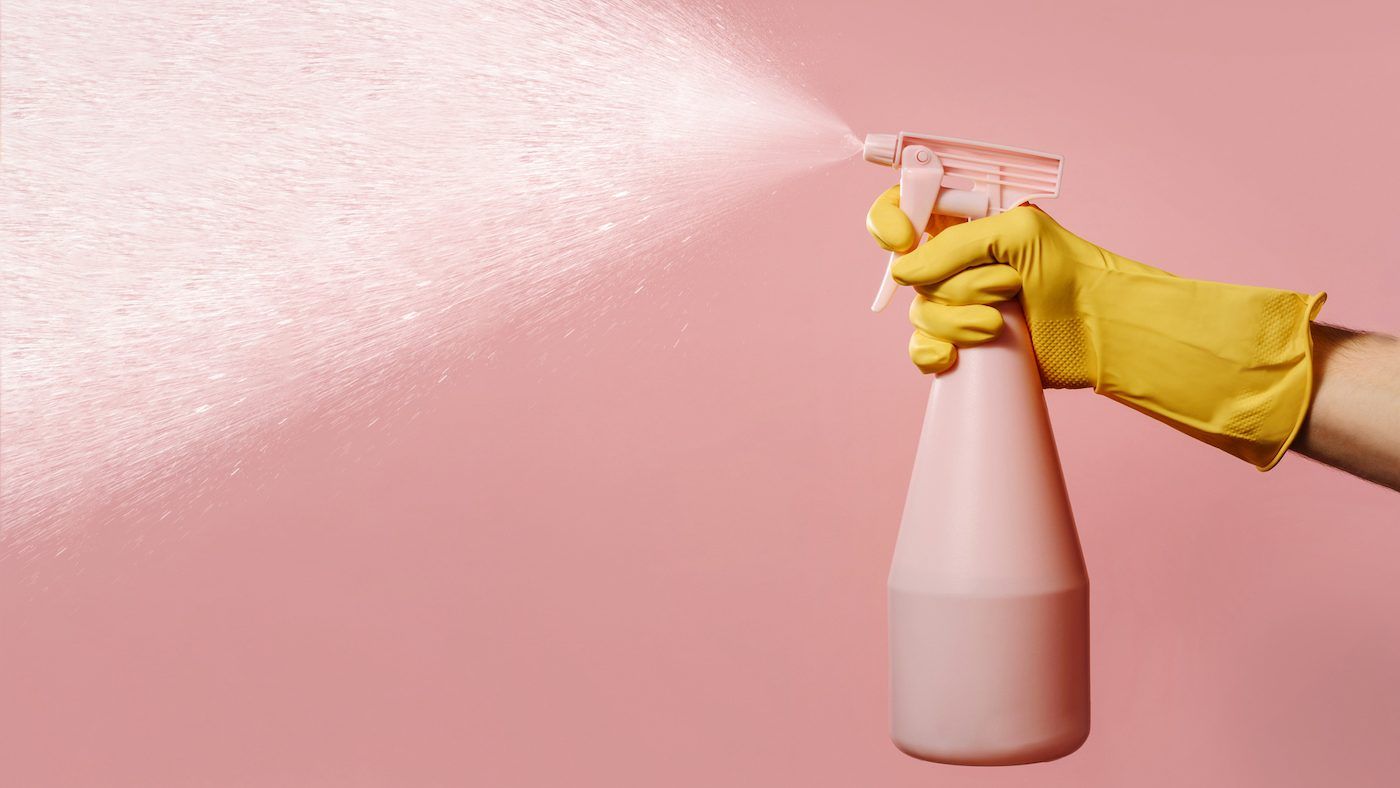tips to avoid infection
the most important move people can make to avoid getting sick and spreading germs, is to keep their hands clean, the cdc advises. that means washing your hands with soap and water or using alcohol-based hand sanitizer. in hospital settings, this is especially crucial before and after caring for wounds or touching a medical device.
also, patients can gently remind health-care providers and caregivers to clean their hands, and allow health-care team members to clean your room daily.
how does product contamination happen in manufacturing?
for example, numerous household and personal care product formulations contain water, which is essential to microbe growth. and even the greener, more environmentally products on the market are more likely to be primarily water-based and contain biodegradable ingredients that often are made from plant sugars – which are also food for microbes. so preservatives are used in almost all liquid household and personal care products.
preservatives also bring their own health complications, like parabens that have linked to hormone disruptors and other compounds that release formaldehyde, and companies are taking steps to respond to public concerns and disclose the preservatives they use.
the u.s. environmental protection agency has identified safer chemical ingredients for manufacturing, but some of these, like certain organic acids, are not effective against all bacteria.
 4 minute read
4 minute read








